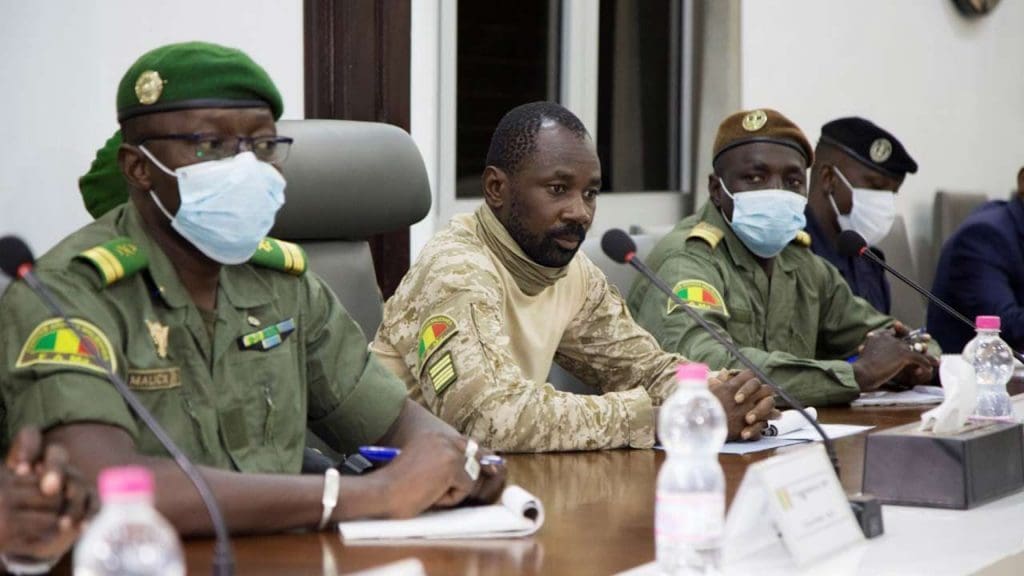The Economic Community of West African States (ECOWAS) has listed 150 Malian personalities, including Prime Minister Choguel Kokalla Maiga, to be subject to individual sanctions.
Besides Prime Minister Maiga, 27 ministers are on the list of individual sanctions of the West African sub-regional bloc. But curiously, the ECOWAS official document copied Wednesday to Agence France Presse (AFP) reveals that two high-profile authorities of the transition, namely the head of state, Colonel Assimi Goita and his Minister of Foreign Affairs and International Cooperation, Abdoulaye Diop are spared. The sanctions were also extended to the 121 members of the National Transitional Council, which serves as the legislative body. They do not spare their families, who are subject to the same restrictions.
ECOWAS, meeting at an extraordinary summit on November 8, 2021 in Accra, Ghana, pronounced “the freezing of the financial assets of these personalities and a ban on travel within the regional area.” Additional sanctions will be studied and proposed at the next summit in December “if the situation persists,” the President of the ECOWAS Commission, Jean-Claude Kassi Brou of Côte d’Ivoire said.
Through these new sanctions, ECOWAS wants to put pressure on the ruling junta to speed up the transition process. The regional organization suspended Mali from its bodies in August 2020 and ceased financial and trade exchanges with the jihadist-ridden Sahel country after the coup against former President Ibrahim Boubacar Keita. Sanctions were finally lifted after the appointment of Bah Ndaw and Moctar Ouane, two civilians, as President and Prime Minister of the transition.
But in May 2021, Colonel Assimi Goita, until then vice-president of the transition, took over power, arresting Bah Ndaw and Moctar Ouane, the two heads of the Malian executive, finally released last August. Faced with the military’s commitment to return power to civilians after an 18-month transition period, ECOWAS loosened its grip on the new transitional authorities.
This tightening of sanctions is a response to the junta’s announcement that the presidential and legislative elections of February 27, 2022 will be postponed to a later date, due to the country’s instability. The logical consequence of this postponement is the establishment of a new timetable that will determine the duration of the new transition.
In the same vein, Mali’s partner, the European Union, has called for “the adoption of a legal framework for sanctions against the ruling junta in Mali,” following a meeting of European foreign ministers on November 15 in Brussels.
CD/fss/abj/APA


